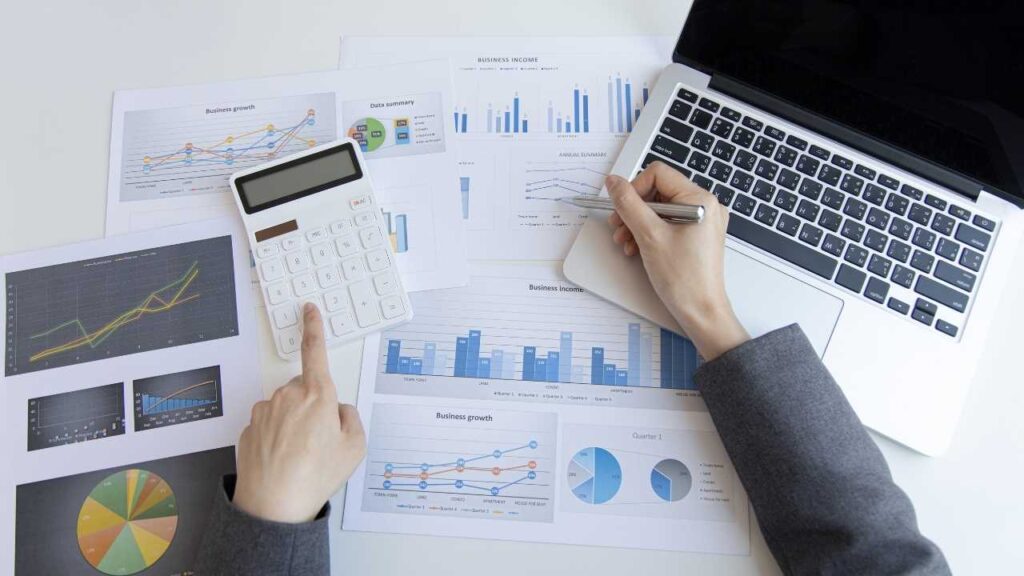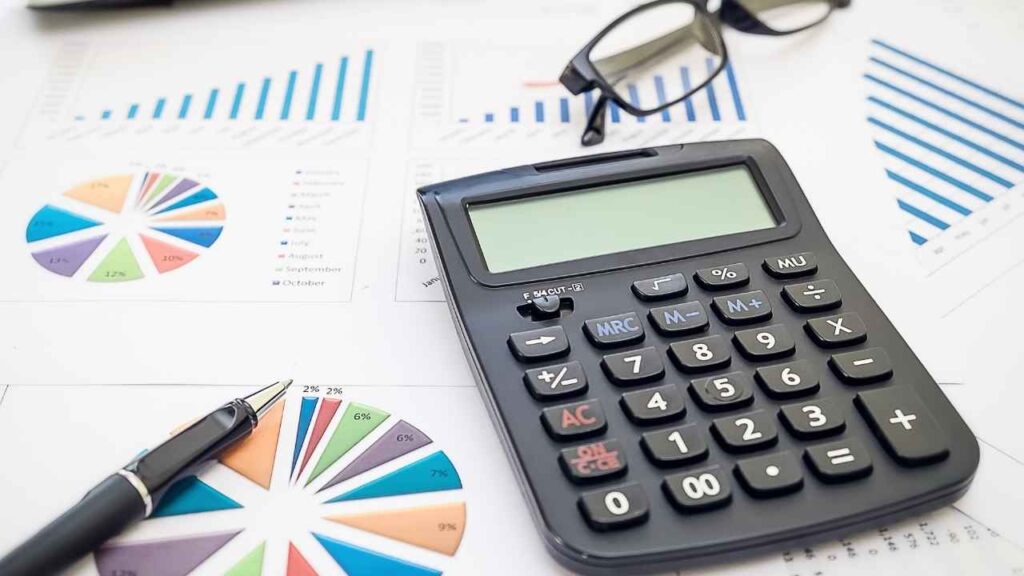Are rising energy costs putting pressure on your business’s bottom line? In today’s competitive environment, managing energy procurement effectively is essential for long-term financial stability and operational efficiency.
A well-planned energy procurement strategy can help businesses secure the best rates, reduce energy wastage, and align with sustainability goals. Whether you’re a small enterprise or a large organisation, taking control of your energy expenses can make a significant difference.
In this blog, we’ll delve into 5 ways to make an effective business energy procurement strategy, offering actionable insights to help your business cut costs and optimise energy usage effectively.
Why is a Business Energy Procurement Strategy Important?
A business energy procurement strategy is about more than just securing the lowest price; it’s about finding a solution that aligns with your organisation’s goals and risk management requirements. An effective strategy ensures that the energy you procure delivers value, supports operational needs, and reduces risks in a volatile energy market.
During the planning stage, it’s crucial to gather and assess information on tariffs, contracts, and risk management options. This process not only shapes the strategy but also provides clear guidance for energy suppliers. By investing time in planning, your business can:
- Buy energy in the most effective way.
- Provide suppliers with clear pricing instructions.
- Explore and negotiate competitive offers.
- Monitor and track market trends effectively.
A well-constructed energy procurement strategy also factors in internal budget requirements, legislative obligations, and detailed supply and consumption data—laying the groundwork for decision-making and long-term energy efficiency.
5 Ways to Make an Effective Business Energy Procurement Strategy
An effective energy procurement strategy is essential for businesses looking to manage costs, reduce risks, and optimise energy usage.
Here are five practical steps to help your organisation develop a strategy that meets its unique requirements.

Analyse the Current Situation
The first step in any successful strategy is understanding your starting point. Assess your energy consumption patterns, current contracts, and pricing structures. Look for inefficiencies, peak usage periods, and opportunities for cost savings. This analysis provides the baseline data needed to guide effective choices.
By digging deeper into your data, you can identify trends and areas where efficiency can be improved. This will also help uncover potential risks that need to be addressed in your strategy.
Prioritise What Matters Most
Not all elements of energy procurement are equally important. Define what matters most to your business, whether it’s cost savings, sustainability goals, or contract flexibility. By identifying these priorities, you can focus on the options that align with your organisational objectives.
Once priorities are set, communicate them clearly within your team to ensure alignment. This focus will guide your decision-making and prevent distractions from less critical factors.
Create Trust Among Suppliers
Building strong relationships with energy suppliers is key to ensuring favourable terms and transparent dealings. Communicate clearly, maintain regular contact, and highlight your commitment to mutually beneficial agreements. Trust fosters collaboration and opens the door to customised solutions.
Regular reviews and honest feedback with suppliers can strengthen these relationships over time. A trusted supplier network also ensures reliability and reduces risks associated with market volatility.
Create Measurable Targets
Set specific, measurable, achievable, relevant, and time-bound goals for your procurement strategy. Examples might include reducing energy costs by a certain percentage or achieving a specific sustainability target. Measurable objectives help track progress and make adjustments as needed.
Break down larger targets into smaller milestones to maintain and monitor success. These targets also provide a clear roadmap for your team and stakeholders.
Plan Your Approach to Market
Finally, determine how and when to engage with the energy market. Timing can significantly influence pricing, so monitor market trends and choose optimal periods for procurement. Prepare a clear plan that outlines the terms and conditions you require, ensuring you’re ready to act when the right opportunity arises.
Consider using expert advise or market intelligence tools to refine your approach further. A well-structured plan helps you take advantage of the best opportunities and avoid costly mistakes.
What Should You Consider When Developing Your Strategy?

Developing a successful energy procurement strategy requires careful consideration of various factors to ensure it meets your organisation’s unique needs.
Here are three key considerations to help you create a comprehensive and effective strategy.
Budget Requirements
Understanding your organisation’s financial limits is essential. Analyse your current energy expenses and determine how much flexibility exists within your budget for procurement. This helps avoid overspending while ensuring your strategy aligns with financial goals.
Consider setting aside reserve funds for unexpected market changes. This approach ensures your organisation remains financially stable even during periods of price instability.
Legislation and Policy
Energy procurement decisions must comply with relevant legislation and industry policies. Stay updated on regulations that impact your business, such as renewable energy requirements or carbon reduction goals. Compliance not only avoids legal issues but can also unlock incentives.
Consult industry experts or legal advisors to ensure your strategy fully follows all applicable laws. This can also help identify opportunities for cost savings through regulatory benefits.
Supply and Consumption Data
Accurate data on your energy supply and consumption is critical for effective planning. Review historical usage patterns and consider how factors like seasonality or business growth may impact future needs.
Use data analysis tools to gain deeper insights into inefficiencies and opportunities for optimisation. Reliable data ensures your strategy is both informed and adaptable to changing requirements.
Conclusion
Creating an effective energy procurement strategy is essential for managing costs, reducing risks, and meeting your business’s goals.
By analysing your current situation, prioritising key objectives, building strong supplier relationships, setting measurable targets, and planning your market approach, you can optimise energy procurement and ensure long-term savings. Using factors like budget requirements, compliance with legislation, and accurate consumption data further strengthens your strategy.
If you’re ready to take control of your energy procurement, Business Utility Broker is here to help. Our expert team can guide you through every step of the process, minimizing your business bills to improve your finances significantly.
Contact Business Utility Broker today to start optimising your energy procurement strategy!
Frequently Asked Questions
Why is a business energy procurement strategy important?
A business energy procurement strategy ensures that your organisation secures the best energy rates while aligning with operational goals and reducing risks. It also helps manage costs, optimise energy usage, and meet sustainability targets.
How do I analyse the current energy situation?
Start by reviewing your energy consumption data, existing contracts, and peak usage times. This helps identify inefficiencies and areas where costs can be reduced or usage optimised.
What factors should I prioritise when creating an energy procurement strategy?
Focus on what matters most for your business, such as cost savings, sustainability, or contract flexibility. Clear priorities ensure your strategy aligns with your business objectives.
Why is it important to set measurable targets in an energy procurement strategy?
Measurable targets allow you to track the success of your strategy and make adjustments as needed. Goals like reducing energy costs or achieving sustainability goals provide a clear focus for your efforts.
What role does market timing play in energy procurement?
Engaging with the energy market at the right time can significantly impact pricing. Monitoring market trends and having a planned approach ensures you secure favourable terms and avoid unnecessary costs.
How do budget requirements influence an energy procurement strategy?
Understanding your budget helps determine the scope of your procurement strategy. It ensures you stay within financial limits while optimising energy costs and planning for contingencies.
